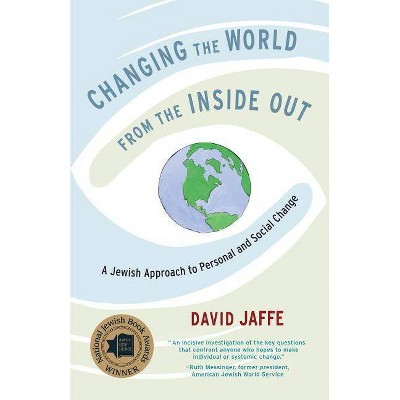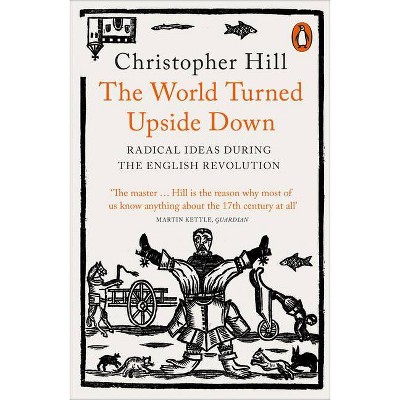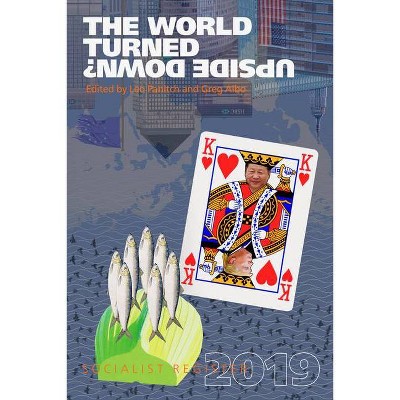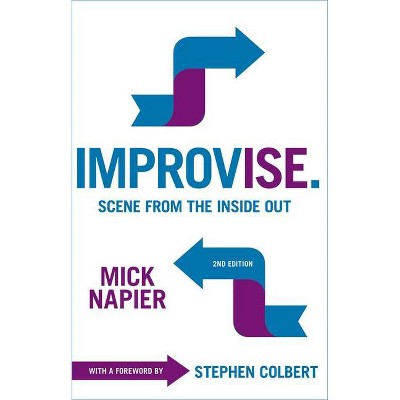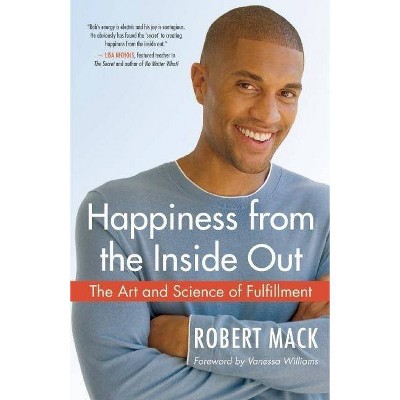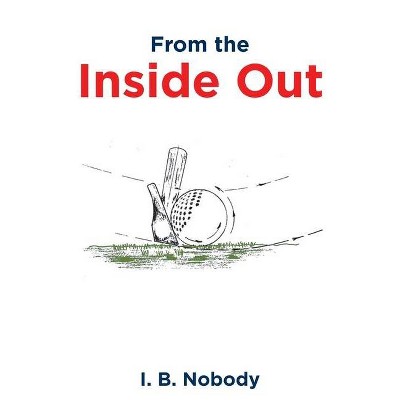The World Turned Inside Out - by Lorenzo Veracini (Paperback)
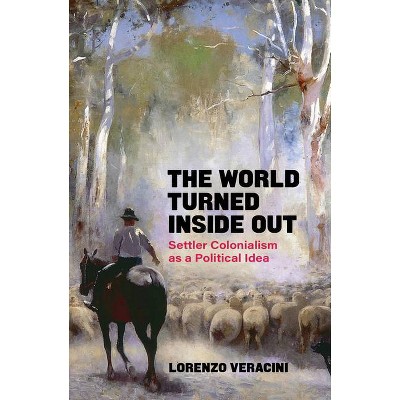
Similar Products
Products of same category from the store
AllProduct info
<p/><br></br><p><b> Book Synopsis </b></p></br></br><b>A history and theory of settler colonialism and social control</b> <p/>Many would rather change worlds than change the world. The settlement of communities in 'empty lands' somewhere else has often been proposed as a solution to growing contradictions. While the lands were never empty, sometimes these communities failed miserably, and sometimes they prospered and grew until they became entire countries. Building on a growing body of transnational and interdisciplinary research on the political imaginaries of settler colonialism as a specific mode of domination, this book uncovers and critiques an autonomous, influential, and coherent political tradition - a tradition still relevant today. <p/>It follows the ideas and the projects (and the failures) of those who left or planned to leave growing and chaotic cities and challenging and confusing new economic circumstances, those who wanted to protect endangered nationalities, and those who intended to pre-empt forthcoming revolutions of all sorts, including civil and social wars. They displaced, and moved to other islands and continents, beyond the settled regions, to rural districts and to secluded suburbs, to communes and intentional communities, and to cyberspace. This book outlines the global history of a resilient political idea: to seek change somewhere else as an alternative to embracing (or resisting) transformation where one is.<p/><br></br><p><b> Review Quotes </b></p></br></br><br>"The political theory of settler colonies has a centuries-long history amounting to a distinct, if little understood intellectual tradition. In <i>The World Turned Inside Out</i>, Lorenzo Veracini reconstructs this tradition for the first time. In seeking to escape the contradictions of the old world, he shows, settlers brought different ones to the new world that continue to structure the polities they founded."<br><b>--A. Dirk Moses, University of North Carolina, Chapel Hill</b> <p/> "In this brilliant tour de force, a major theorist of settler colonialism ranges across the globe to unearth a hidden political tradition with enormous and costly consequences. By revealing how our world has been shaped and reshaped by the fantasy of going someplace else to escape revolution, <i>The World Turned Inside Out</i> has an urgent message: we must confront injustice and crisis right where we are."<br><b>--Jeffrey Ostler, University of Oregon</b> <p/>"Global capitalism has always been driven by the export of people as well as commodities, of people as commodities. In <i>The World Turned Inside Out</i>, Lorenzo Veracino shows us how European migration to settler colonies was propelled by a specific project of domestic polit-ical 'pacification, ' designed to keep the homeland safe from revolution. In this superbly researched history of the politics, theories and cul-tural practices of settler colonialism, Veracino also reveals the utilitarian casual disregard for the millions of indigenous peoples across the continents whose bereft lives would be lost, disrupted, and forever disempowered as a consequence. This much-needed book uncovers the stark realities behind settler colonialism as it has been practised on every continent."<br><b>--Robert J. C. Young, New York University</b> <p/> "This important book not only salvages the global history of settler colonialism from its traditional nationalist packaging, but also reunites 'settlerism' with its alter ego, metropolitan revolutionary movements. At last, the 'world turned upside down' meets 'the world turned inside out'."<br><b>--James Belich, University of Oxford</b> <p/> "With this book Lorenzo Veracini cements his reputation as one of the most ambitious and insightful scholars of settler colonialism. Sweep-ing in its historical and geographical reach, and bold in its arguments, <i>The World Turned Inside Out</i> is a provocative and illuminating analysis of the centrality of settler colonialism in the making of the modern world."<br><b>--Duncan Bell University of Cambridge</b> <p/> "<i>The World Turned Inside Out</i> is a brilliant exploration of settler colonialism as a political tradition in the making, predicated on a search for actual space in order to get away in Europe from existing upheavals or removing those who potentially can cause such an upheaval. Lorenzo Veracini focuses on such dislocations that brought displacement of indigenous people as part of the history of Western revolu-tion and counter revolution. As such it asks us to rethink both tradition and revolution as transnational and global phenomena that sus-tained the tradition of settler colonialism even after most of these projects ended, preserving inside and outside the West Eurocentrism, racism, and capitalism. While the revisited historical chapters might seem familiar, you are invited here to reappraise them from a new and contemporary vantage point--in the midst of a new era of dislocation, displacement, resettlement and maybe even unsettlement. The hu-man tendency to dislocate (and displace) in order to avoid upheaval, insoluble predicaments and persecution may move in the future be-yond to extraterrestrial spaces. Before this happens, it is good moment to ponder on its history until today and this is an excellent guide for such a tour into the past before we re-invent a new kind of settler colonialism."<br><b>--Ilan Pappe, University of Exeter</b><br><p/><br></br><p><b> About the Author </b></p></br></br><b>Lorenzo Veracini</b> teaches history and politics at Swinburne University of Technology, Melbourne. His research focuses on the comparative history of colonial systems and on settler colonialism. He has authored Israel and Settler Society (2006), Settler Colonialism: A Theoretical Overview (2010), and The Settler Colonial Present (2015), co-edited The Routledge Handbook of the History of Settler Colonialism (2016), and is Founding Editor of Settler Colonial Studies.
Price History
Price Archive shows prices from various stores, lets you see history and find the cheapest. There is no actual sale on the website. For all support, inquiry and suggestion messages communication@pricearchive.us
![And Then Nothing Turned Itself Inside-Out [LP] - VINYL](https://pisces.bbystatic.com/image2/BestBuy_US/images/products/1940/19405541_so.jpg)
